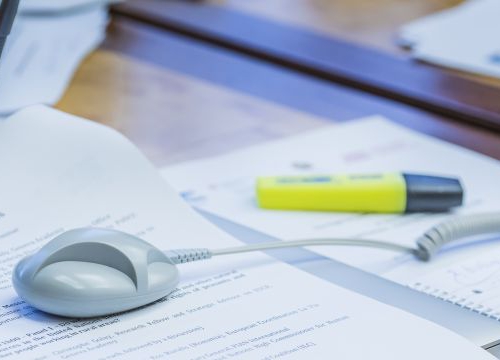Leading Academics Will Address the Use of Less-Lethal Weapons for Law Enforcement Purpose


Olivier Chamard / Geneva Academy
5 March 2018
Leading academics, law enforcement experts and practitioners from different regions and legal backgrounds, and representatives from international organizations and civil society will join an academic working group to discuss use of force challenges in different contexts.
This academic working-group will address strategic approaches and responses to specific use of force issues like less lethal weapons, crowd control or the use of new technologies. Its composition will vary according to the topics discussed.
‘It was important for us to bring together leading use of force actors and institutions to reflect upon existing challenges and the way to address them’ underlines Kamelia Kemileva, Executive Manager at the Geneva Academy.
Under the Umbrella of the Geneva Human Rights Platform
This academic working-groups forms part of the Geneva Human Rights Platform, which notably focuses on current human rights challenges related to the use of force.
‘The Geneva Human Rights Platform, hosted by the Geneva Academy, provides a dynamic forum in Geneva for all stakeholders in the field of human rights to discuss and debate topical issues and challenges’ recalls Kamelia Kemileva. ‘The objective is to foster interactions and discussions on topical issues and challenges through regular events, conferences, expert roundtables and private meetings’ she adds.
A Focus on Less-Lethal Weapons for Law Enforcement Purposes
The academic working-group will start working on the issue of less-lethal weapons (LLW) for law enforcement purposes, related human rights challenges and the lack of international regulation and standards.
The objective is to develop a document to guide practice concerning the use of LLW and other equipment in law enforcement. This document will build on, and in no way challenge or update, the UN Code of Conduct for Law Enforcement Officials and the UN Basic Principles on the Use of Force and Firearms by Law Enforcement Officials.
‘This issue is currently discussed at the UN Human Rights Council, at the UN Human Rights Committee and at the Conference on Disarmament, but also at the national and regional levels. It is therefore important to provide guidance on the human rights challenges related to the use of LLW and how to address them’ underlines Kamelia Kemileva.









